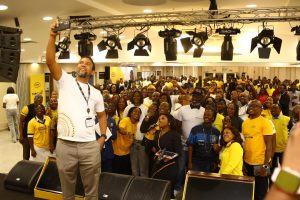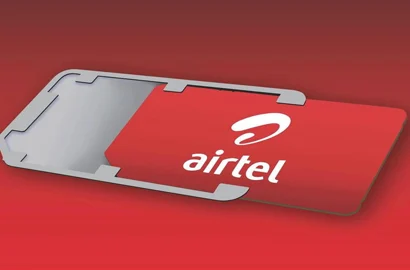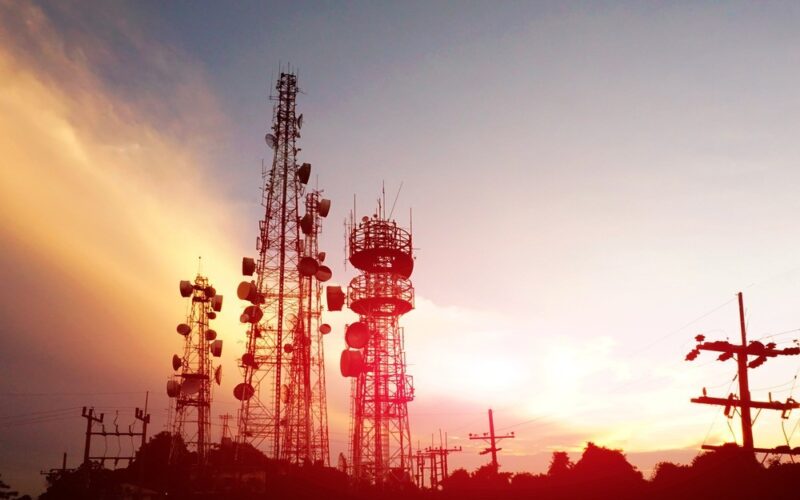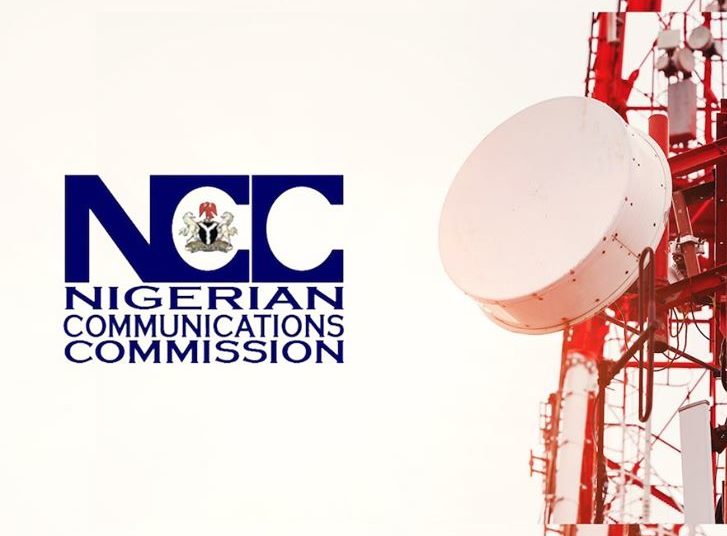How Innovation, Youth and Informality Are Redefining Nigeria’s Economic Future
Despite a population of over 200 million and a GDP valued at ₦78.37 trillion, Nigeria’s most exciting economic transformations are unfolding beyond the corridors of government. While state-led initiatives often lag, a new generation of creators, entrepreneurs, and informal operators are redefining growth from the ground up.
In 2024, Nigeria recorded 3.4% GDP growth, largely driven by non-oil sectors, particularly services like telecoms, finance, trade, and digital innovation. But behind these macro numbers lie industries that are booming quietly, largely ignored by government incentives, policies, or funding.
Here are 10 fast-growing sectors that are thriving in Nigeria with little to no formal government support:
1. Digital Content Creation
Nigeria’s digital creators are building a multi-million-dollar ecosystem from scratch — powered by smartphones, internet access, and social media platforms like TikTok, YouTube, and Instagram.
Top influencers such as Taaooma, Kiekie, and Mr Macaroni generate significant revenue from brand partnerships, video monetization, and fan engagement tools. With Africa’s creator economy expected to hit $17.84 billion by 2030, Nigeria’s content creators are leading the way in storytelling, marketing, and youth-driven innovation.
🟩 Hashtags: #ContentCreatorsNG #DigitalEconomy #NaijaCreatives
2. Crypto Trading & Blockchain Startups
Despite regulatory uncertainty and a central bank clampdown, Nigeria is the largest crypto market in Africa by volume. Youth-led adoption of platforms like Binance, Luno, and peer-to-peer exchanges has driven massive interest in Bitcoin, Ethereum, and stablecoins.
Startups in blockchain-based remittances, DeFi, and Web3 gaming are popping up, as Nigerians look for hedge assets against inflation and FX instability. While policy support is weak, innovation in this space remains unstoppable.
🟩 Hashtags: #CryptoNaija #BlockchainAfrica #Web3Nigeria
3. Urban Farming & Organic Agriculture
Faced with rising food costs, young Nigerians are turning to urban farming and organic produce ventures. From rooftop gardens in Lagos to hydroponic systems in Abuja, this sector is growing fast, driven by direct-to-consumer models and digital marketing.
Farmpreneurs now use platforms like Instagram and WhatsApp to sell fresh vegetables, herbs, and organic eggs — with virtually no state support, but plenty of consumer demand.
🟩 Hashtags: #UrbanFarmingNG #AgroInnovation #NaijaGreenRevolution
4. Online Tutoring & E-Learning Platforms
The education sector’s gaps have opened doors for a booming edtech space. Platforms offering online tutoring, exam prep, language learning, and digital skills are thriving. Entrepreneurs are creating YouTube channels, WhatsApp groups, and full-scale platforms like uLesson and AltSchool Africa.
Parents and students alike are investing in remote learning, exam success tools (JAMB, WAEC, IELTS), and global skills training without waiting for public education reform.
🟩 Hashtags: #NaijaEdTech #OnlineLearningNG #DigitalSkillsNigeria
5. Beauty, Skincare & Natural Haircare
Nigerian women are driving a surge in beauty and natural skincare brands, fueled by online tutorials, social media trends, and Afrocentric pride. From shea butter-based creams to locs salons and organic facials, the industry is vibrant and mostly informal.
Brands like Zaron, Nuban Beauty, and countless Instagram-based stores are building empires — creating jobs for makeup artists, estheticians, and hair stylists without any real policy support.
🟩 Hashtags: #BeautyByNaija #NaturalHairNG #SkincareAfrica
6. Tech Repair & Device Resale
With rising costs of new devices, Nigeria has developed a thriving market for phone, laptop, and gadget repairs, as well as used tech reselling. Informal tech hubs like Computer Village (Lagos) and Otigba market (Enugu) are hotbeds of innovation.
Self-taught technicians and refurbishers now dominate this DIY electronics ecosystem, offering affordable alternatives to a growing population reliant on digital tools for work and school.
🟩 Hashtags: #TechFixNaija #UsedDevicesNG #RepairEconomy
7. Freelancing & Remote Work Services
Nigeria’s young, skilled population is tapping into global freelance platforms like Upwork, Fiverr, and Toptal — offering services from graphic design and writing to coding and customer support.
The dollar-based income has turned remote work into a high-growth sector, especially amid local job scarcity. Entire communities now exist around remote gigs, digital nomadism, and tech skill upskilling.
🟩 Hashtags: #RemoteWorkNG #FreelanceAfrica #NaijaGigs
8. Fitness, Wellness & Lifestyle Coaching
Driven by urban stress, health awareness, and Instagram trends, Nigerians are investing in fitness and wellness services. From personal trainers and yoga instructors to nutrition coaches and mental health advocates, this industry is rising rapidly.
Most operate without licenses or formal structures, yet they’re building strong online communities and monetizing services through apps, livestreams, and subscriptions.
🟩 Hashtags: #FitFamNigeria #WellnessRevolution #HealthyNaija
9. Fashion, Thrift & Online Styling
Fashion has always been big in Nigeria, but the online thrift economy (“okrika” and “preloved fashion”) has exploded. Young stylists and influencers are curating unique collections and selling via Instagram, WhatsApp, and personal websites.
Platforms like Jumia, PayPorte, and upstarts in the sustainable fashion space are powering this shift. Whether it’s asoebi, streetwear, or gender-neutral styling, Nigeria’s digital fashion culture is blooming — with no fashion council or formal oversight.
🟩 Hashtags: #ThriftNaija #FashionRevolutionNG #StyleOnABudget
10. Logistics, Bike Delivery & Micro Warehousing
As e-commerce grows, so does the need for fast, last-mile delivery. Startups and informal riders are plugging gaps in logistics through bike dispatch, mini-trucks, and even drone delivery pilots.
Platforms like Gokada, Kwik, and Sendbox are innovating daily, but so are independent dispatch riders and motorbike logistics agents, who often start with just a smartphone and a bike.
🟩 Hashtags: #NaijaLogistics #DispatchRidersNG #EcommerceNigeria
Final Thoughts
These 10 sectors prove that Nigeria’s real economic engine isn’t always driven by government policy. From rooftops to reels, WhatsApp groups to crypto wallets, innovation is bubbling where opportunity meets hustle.
If properly supported, these industries could formalize, scale, and multiply impact — transforming not just the economy, but the future of work and enterprise across Africa.




















